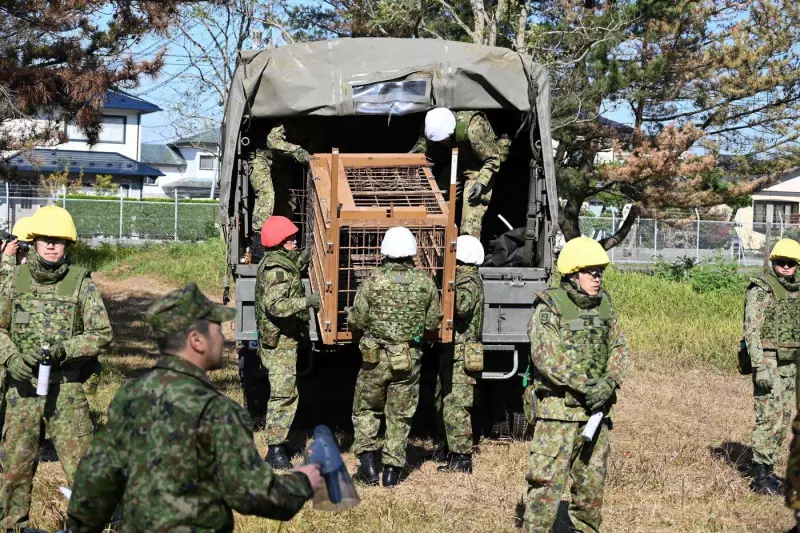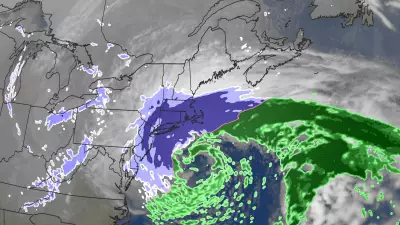
In an extraordinary response to a wildlife crisis gripping the nation, Japan has mobilized its military forces to address a dramatic surge in bear attacks that has left communities on edge. The situation has escalated to such concerning levels that the government has authorized the Self-Defense Forces to intervene in what officials describe as an "unprecedented" wildlife emergency.
Record-Breaking Bear Encounters
Official data reveals a startling trend: bear sightings and attacks have reached their highest levels in recent history. Northern regions, particularly Akita and Fukushima prefectures, have reported the most incidents, with bears increasingly venturing into residential areas, farms, and even school grounds. The frequency of these encounters has created a climate of fear among rural residents who now think twice before venturing outdoors.
Military Intervention Takes Center Stage
The deployment marks a significant escalation in Japan's approach to wildlife management. Military units are now working alongside local authorities, setting up monitoring stations, conducting patrols in high-risk areas, and responding to emergency calls about bear sightings. Their specialized equipment and rapid response capabilities provide an additional layer of security for vulnerable communities.
Understanding the Crisis: Why Now?
Wildlife experts point to several factors driving this alarming trend:
- Food scarcity in natural habitats due to unusual weather patterns
- Expanding human development into traditional bear territories
- Climate change impacts affecting natural food sources
- Growing bear populations in certain regions
Community Response and Safety Measures
Local governments have implemented comprehensive safety protocols, including:
- Emergency alert systems for bear sightings
- Public education campaigns about bear safety
- Installation of bear-proof waste containers
- Community patrols and warning systems
"We've never seen anything like this before," noted one wildlife official. "The bears are becoming bolder, coming closer to homes, and showing less fear of humans. This requires an immediate and robust response."
Looking Forward: Long-term Solutions
While the military deployment addresses the immediate threat, conservationists emphasize the need for sustainable solutions. These include habitat restoration, better waste management practices, and community-based conservation programs that balance human safety with wildlife protection.
The situation remains fluid, with authorities monitoring developments closely and adjusting their strategies as needed to protect both human populations and Japan's valuable wildlife heritage.






